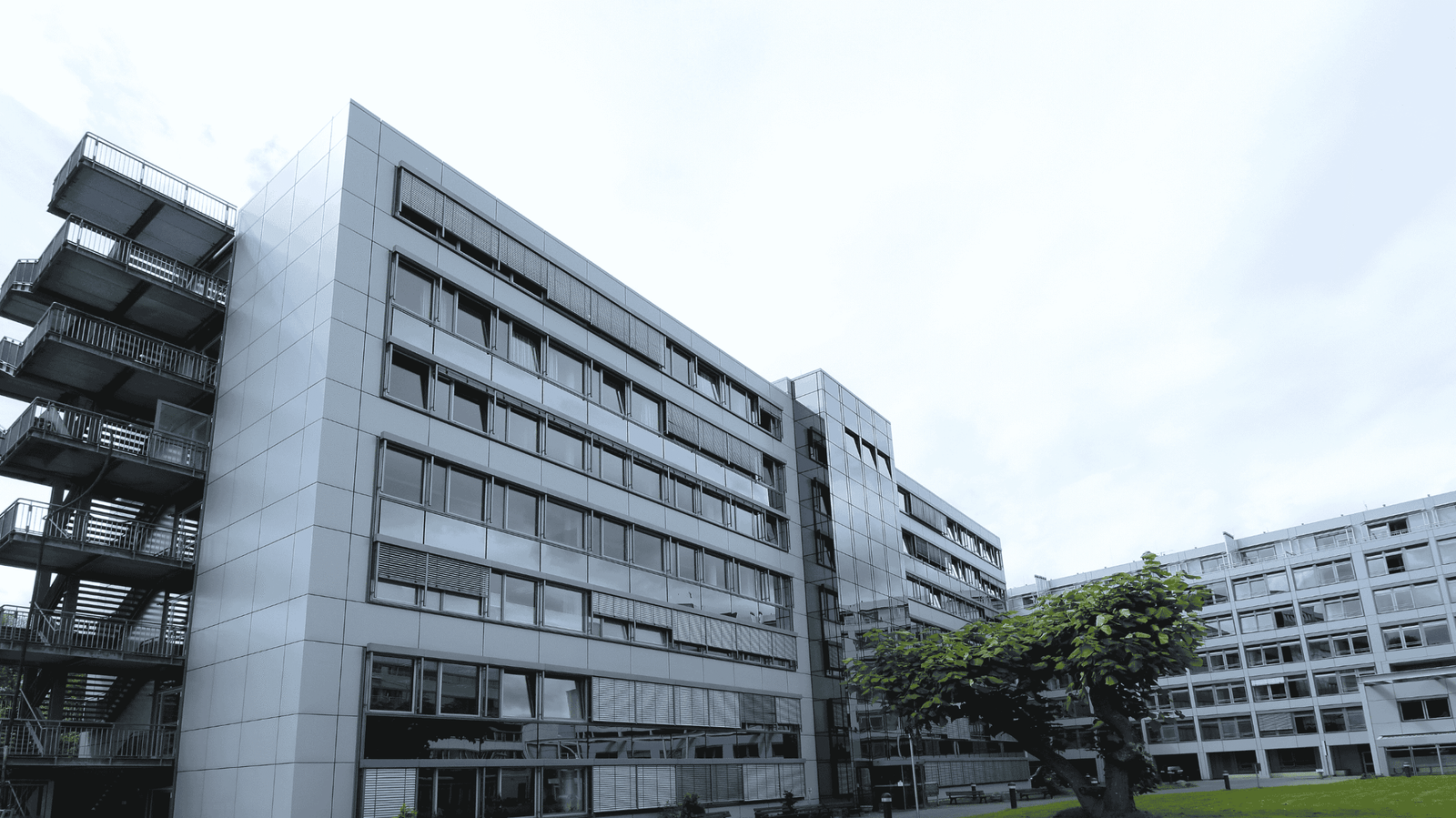Despite the Delhi government officially rolling out the Ayushman Bharat Pradhan Mantri Jan Arogya Yojana (AB-PMJAY), a significant number of private hospitals are opting to stay out of the scheme. As of now, only around 67 out of more than 1,000 hospitals in the national capital have enrolled. This includes 52 private and 15 government facilities. So, what’s holding the rest back?
Concerns About Financial Viability
Private hospitals, especially large ones, have voiced strong concerns about the current package rates under the scheme. These rates, according to them, are not sufficient to cover the cost of treatment — particularly for advanced procedures that require high-quality infrastructure, medical equipment, and specialists. Delayed reimbursements in other states have also added to their reluctance.
Dr. Sunil K. Khetarpal, Director at the Association of Healthcare Providers India (AHPI), noted that hospitals with major operational costs are unable to deliver quality care at the rates being offered. He also stressed the need for prompt reimbursements to avoid further financial strain.
Industry Appeals to the Government
Leading hospital networks such as Fortis, Max, Manipal, Medanta, Narayana, and Apollo — all represented by AHPI — have approached Delhi’s new Chief Minister, Rekha Gupta, requesting:
- Revisions in the current treatment package rates
- A robust and timely reimbursement system
- A dedicated grievance redressal mechanism for participating hospitals
Dr. Narin Sehgal, Medical Director of Sehgal Neo Hospital and Secretary of AHPI (Delhi), echoed these concerns. While acknowledging the significance of the scheme in expanding healthcare access, he emphasized that the current structure is not financially feasible for many private providers.
What’s at Stake?
The Ayushman Bharat scheme covers 1,961 procedures across 27 specialties. The first phase in Delhi targets nearly 2.35 lakh eligible families. Health card distribution began on April 10. However, the limited participation from private hospitals could restrict beneficiaries’ access to quality healthcare unless these operational and financial concerns are resolved.
Why This Matters
A successful public-private partnership is vital for the scalability and impact of healthcare schemes like AB-PMJAY. The hesitation shown by the private sector, especially in a major metro like Delhi, highlights the need for continuous dialogue and strategic adjustments to make universal health coverage a reality.
Source: Times of India – Why Pvt Hosps Are Hesitant in Joining Cashless Health Scheme



